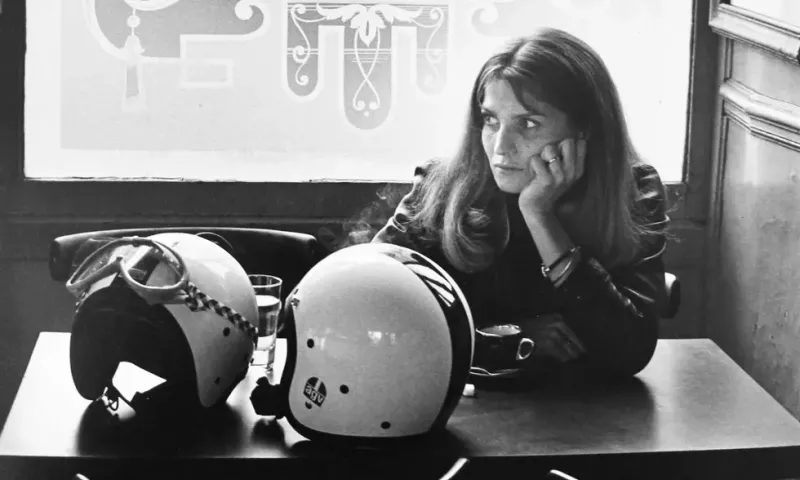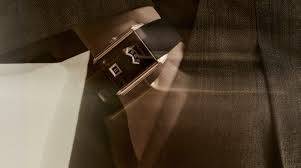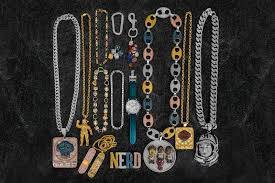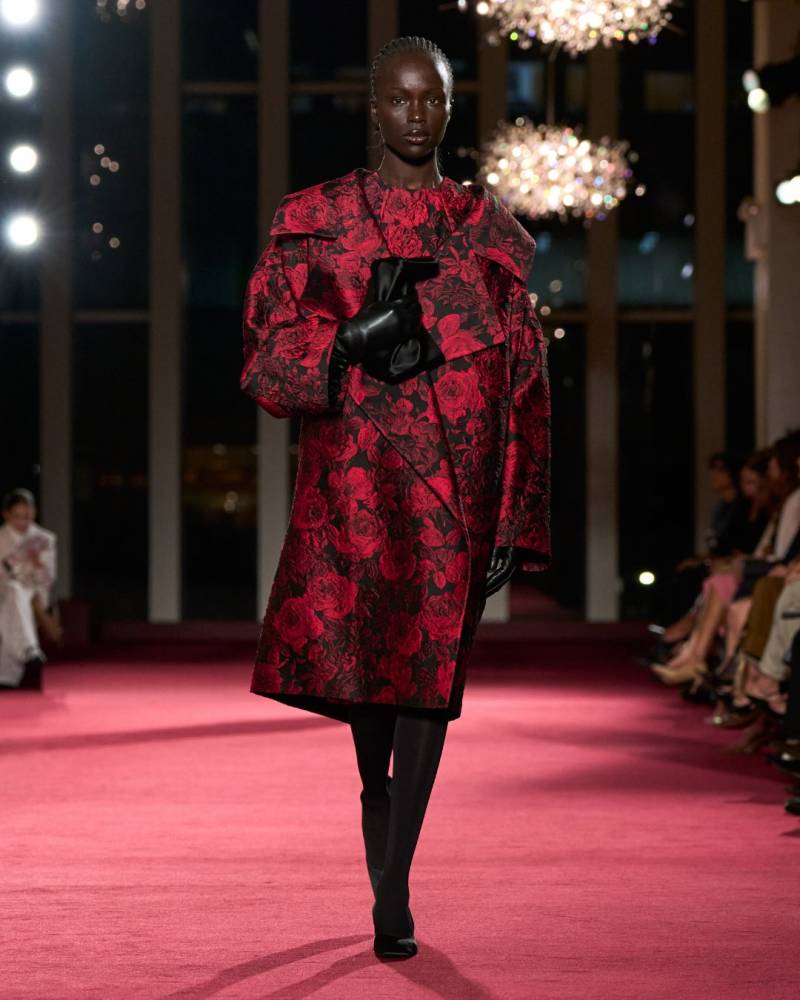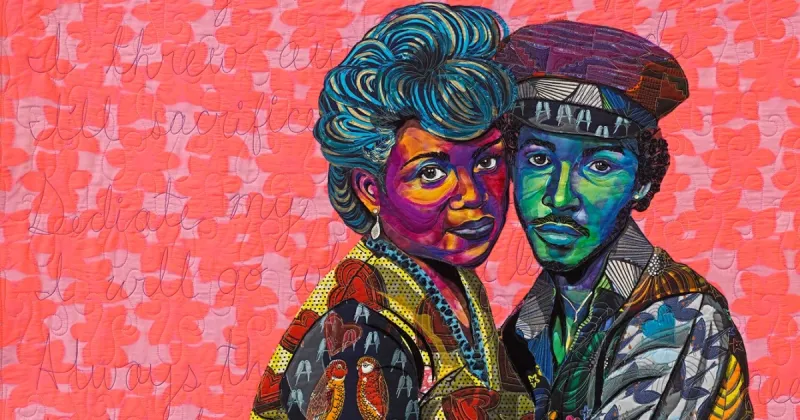Celebrated in a new exhibition, Anita Neugebauer founded Switzerland’s first photo gallery, shining the spotlight on local artists alongside international stars
Gisèle Freund: Par elle-même, 1931
Anita Neugebauer (1916-2012) founded Switzerland’s first photo gallery in 1976 and devoted herself to the mediation of international and national photography. Neugebauer met and became longtime friends with photographer Gisèle Freund who became known mainly for her sensitive photo reportage and portraits of personalities from art and politics. Anita’s Point of View is curated by Alessa Widmer at Photo Basel festival, which runs from 16 to 21 June. All photographs courtesy of Fabian & Claude Walter Galerie in collaboration with Claudia Neugebauer
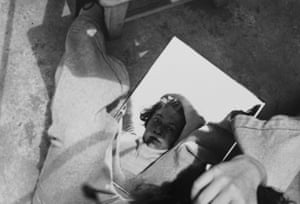
Manuel Álvarez Bravo: The Daughter of the Dancers, 1933
Neugebauer was born in Berlin in 1916. She developed a passion for photography after graduating from high school. She and her mother emigrated to Buenos Aires in 1938 and relocated to Basel with her husband, the physician Josef Neugebauer, in 1947. Widmer comments: ‘This photograph is all about being curious to me. We wonder what it is the girl sees, or what she seeks. We wonder about her awkwardly placed feet, about her hat hanging off her shoulders, about what happens next’
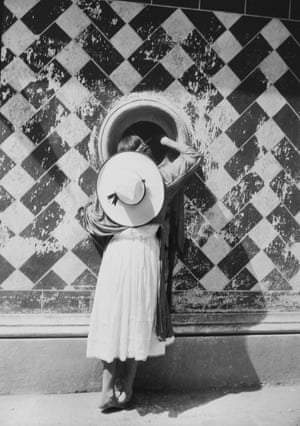
Robert Doisneau: Fleur de bistrot, 1971
The idea of opening a photo gallery in Switzerland was not an obvious endeavour in the 1970s. Galleries gave little attention to photography. By founding the gallery Photo Art Basel, Neugebauer demonstrated that photography can also be exhibited and sold in a gallery context. In 1976 Anita dedicated the first exhibition to the French photographer Robert Doisneau. He was a representative of ‘humanistic photography’ which focuses on people in their everyday lives instead of seeking the sensational
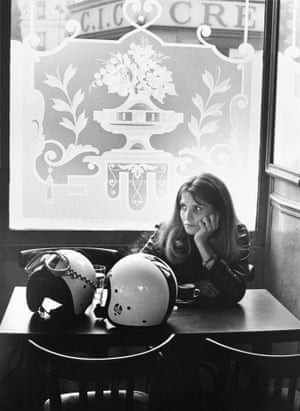
Lee Friedlander: NYC, 1963
American photographer Lee Friedlander has developed a reality-based style since the 1960s that is less committed to a subject than to a photographic attitude. He produced many self-portraits that manifest aspects of himself by means of reflections, cast shadows and often unsparing views. You can see the brief reflection of the photographer in the window
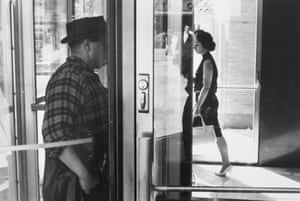
Floris M Neusüss: Stuhlbild, Berlin, 1976
Neusüss deals with the relationship between the photographic image, space and the human figure in an increasingly media-reflexive manner. The technical processes of photography, such as multiple exposure, play a central role in his oeuvre. Neusüss has dealt with this topic intensively, both practically and theoretically
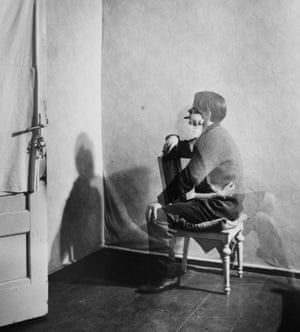
Jan Saudek, Youth and Old Age, 1976
Says Widmer: ‘This contrast, the reality, but also the wit, is what makes this photograph. When I took a first look at the photograph, I already knew that it must be part of the exhibition’
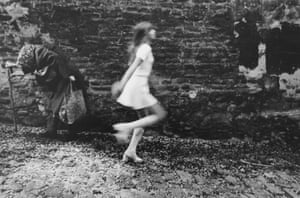
Derek P Bennett: Untitled, 1976
Bennett is another example of a lesser known photographer Neugebauer exhibited. Bennett spent his childhood in St Louis, Missouri, settling down in Schaffhausen, Switzerland in 1973. He was not only active as a photographer but also as an author, for magazines such as Printletter, Creative Photography and European Photography.
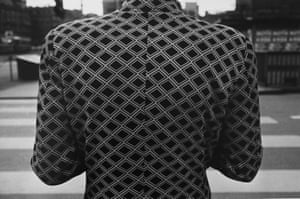
Víctor Flores Olea: Paris, 1981
Neugebauer knew well how to mix international photographers with national and local ones. She brought respected photographers from all over the world to Basel - mostly for the first time - and offered well-known and unknown Swiss photographers the opportunity to exhibit
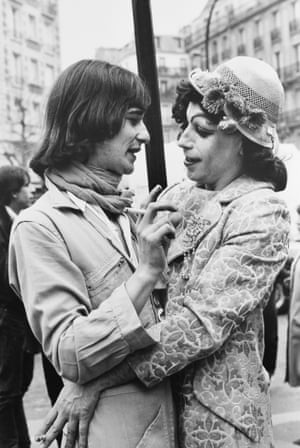
Édouard Boubat: Hommage au Douanier Rousseau, Paris, 1980
This photograph references French painter Henri Rousseau and his famous 1910 painting The Dream
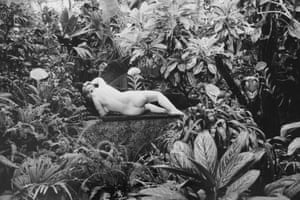
Hugo Jaeggi: Der 18. Geburtstag, Basel, 1983
Due to his power of observation and sense for the right moment, Jaeggi tells sometimes tragic, sometimes humorous stories in his pictures
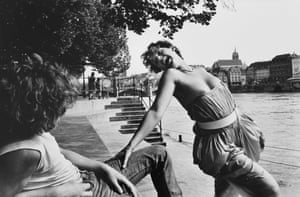
Christian Vogt: The Table, 1984
Widmer says: ‘With poetic dexterity, photographer Christian Vogt offers us insight into humanity – sometimes irritating, sometimes painful, but always with an underlying intelligent humour’
